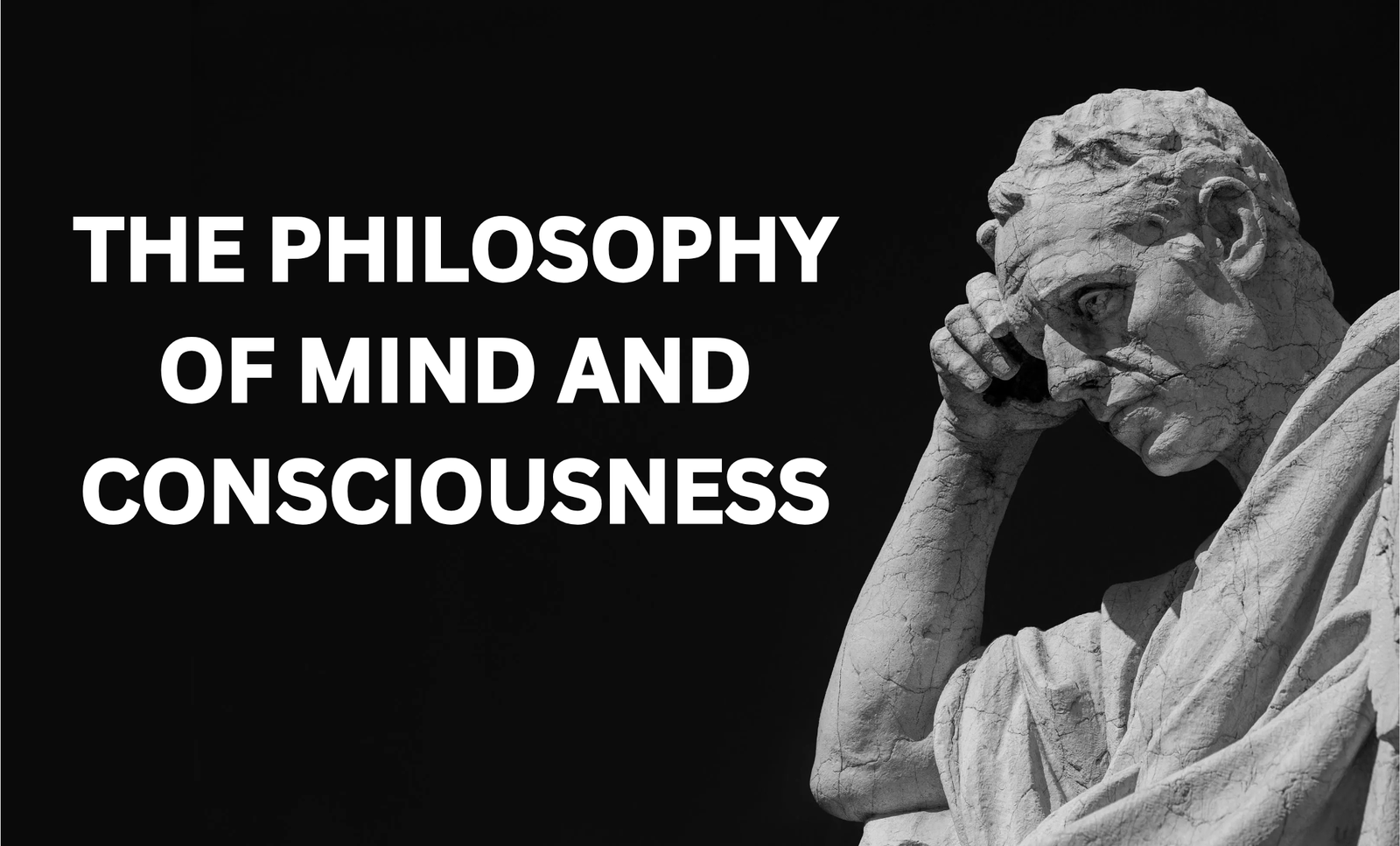The philosophy of mind and consciousness explores some of the most fascinating and complex questions about human existence it seeks to understand the nature of the mind how it relates to the body and what it means to be conscious at its core this area of philosophy asks questions like is it just the brain or is it something more emotions and experiences arise consciousness the state of being aware of oneself and the world is a central topic in this field philosophers debate consciousness can be fully explained by physical processes in the brain or if it involves something non-physical like a soul or spirit.
The relationship between the mind and body, known as the mind-body problem has been a major focus for centuries with different theories offering different answers for example some argue that the mind and body are separate while others believe they are one and the same understanding the philosophy of mind and consciousness helps us reflect on what it means to be human how we experience reality and the mysteries of our inner lives it a field that continues to inspire deep thinking and debate.
The Mind Body Problem:
The mind-body problem is one of the oldest and most debated questions in philosophy it asks how the mind which involves thoughts feelings and consciousness relates to the body particularly the brain which is physical in simple terms it about figuring out how something non-physical like our thoughts or emotions can interact with something physical like the brain or nervous system there are many theories about this dualism famously supported by philosopher Rene Descartes argues that the mind and body are two separate things the mind is immaterial while the body is material to this view the mind can exist independently of the body.
On the other hand claims that everything about the mind can be explained by physical processes in the brain thoughts and emotions are just the result of neurons firing another view idealism suggests that everything including the body is mental or based on consciousness the mind-body problem raises challenging questions about how we experience the world and ourselves it also connects to modern science such as neuroscience and psychology which seek to understand how the brain creates thoughts feelings and awareness.
The Nature of Consciousness:
The nature of consciousness is one of the most mysterious and intriguing topics in philosophy and science consciousness refers to our ability to be aware of ourselves and the world around us it includes our thoughts emotions sensations and experiences everything that makes up our inner life but what exactly is consciousness and where does it come from these questions have puzzled thinkers for centuries some believe consciousness is purely a product of the brain created by complex processes involving neurons and chemical signals to this view consciousness arises from physical activity in the brain much like light comes from a bulb.
Consciousness is something more than just brain activity suggesting it might involve non-physical elements like a soul or a deeper connection to the universe philosophers also debate whether all living things including animals and plants have some level of consciousness or if unique to humans understanding the nature of consciousness is not just about answering philosophical questions it also has practical implications it can help us explore how we perceive reality how we interact with others, and even how artificial intelligence might one day develop its own form of awareness.
The Hard Problem of Consciousness:
The hard problem of consciousness is a term used to describe one of the most puzzling questions about the mind how and why does consciousness exist it was introduced by philosopher David Chalmers to highlight the difficulty of explaining why we have subjective experiences, also called qualia these are the personal and unique feelings we get from things like the redness of a rose the taste of chocolate or the pain of a headache while science has made great progress in understanding how the brain works such as how neurons communicate and create patterns of activity it still does not explain how these physical processes give rise to our inner experiences.
The hard problem of consciousness is different from the easy problems which involve understanding brain functions like memory or attention those can often be explained by biology and neuroscience the hard problem goes deeper asking why brain activity is associated with any experience at all some argue that consciousness may be fundamental to the universe like space and time while others believe we just need more scientific discoveries to solve it remains one of the biggest mysteries in understanding ourselves.
The Implications of Philosophy of Mind:
The philosophy of mind has significant implications for how we understand ourselves others and the world around us it explores deep questions about the nature of thoughts emotions and consciousness helping us reflect on what it means to be human one major implication is its influence on how we view the mind-body connection for instance if the mind is purely physical as some theories suggest it could mean that everything we think and feel is shaped by the brain and its processes this perspective influences fields like neuroscience psychology and medicine as it encourages researchers to study the brain to understand mental health and behavior better.
On the other hand if the mind is something non-physical like a soul or independent consciousness it raises questions about free will personal identity and life after death this view influences spirituality and ethics as it emphasizes the uniqueness of human experience the philosophy of mind also plays a role in technology particularly in the development of artificial intelligence questions about whether machines could ever think or be conscious force us to rethink the nature of intelligence and what makes humans special overall the philosophy of mind affects how we approach science technology ethics and even our daily lives shaping our understanding of ourselves and the universe.
